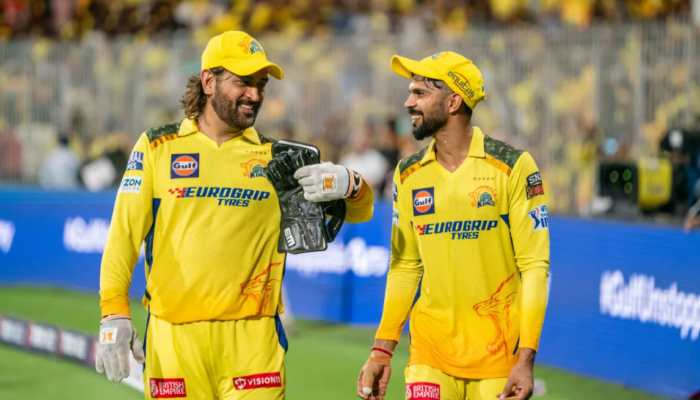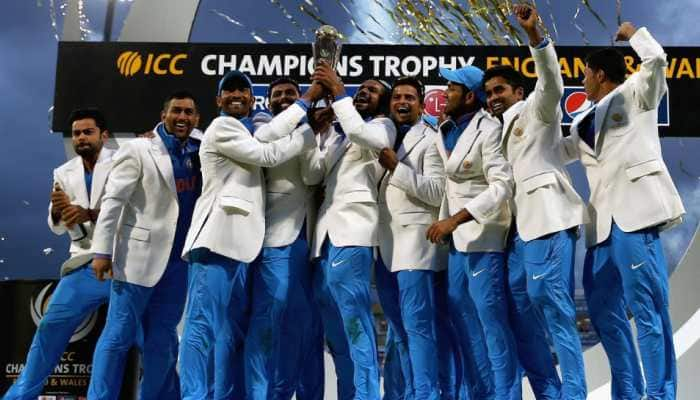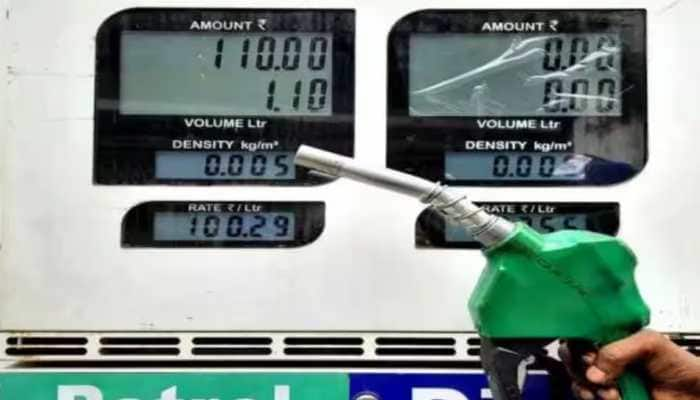Ratan Tata Dies At 86: 10 Facts To Know About India’s Most Beloved Industrialist
Ratan Tata was the great-grandson of Jamsetji Tata, the founder of the Tata Group, a name synonymous with India's industrial progress.
Trending Photos
)
Ratan Naval Tata, one of India’s most esteemed business leaders, passed away today at the age of 86. Known for his visionary leadership and philanthropic work, Ratan Tata’s legacy is deeply intertwined with the history of Indian industry. Earlier this week, on Monday, the industrialist had addressed rumours about his health in a social media post, clarifying that he was undergoing routine medical checkups due to his advancing age.
Here are 10 key facts about the man who transformed the Tata Group into a global powerhouse:
1. Ratan Tata was born on December 28, 1937, in Mumbai. He was the great-grandson of Jamsetji Tata, the founder of the Tata Group, a name synonymous with India's industrial progress. He was the son of Naval Tata and Sooni Tata, and after his parents separated in 1948, he was raised by his grandmother, Navajbai Tata.
2. After completing his studies, Ratan Tata began his career at Tata Steel in 1961, where he worked on the shop floor, gaining hands-on experience in manufacturing. This humble start laid the groundwork for his future leadership within the Tata Group.
3. Despite coming close to marriage on four occasions, Ratan Tata never married. He once revealed that he fell in love while working in Los Angeles, but the relationship did not progress due to the 1962 Indo-China War, as the woman’s parents did not want her to move to India.
4. In 1991, Ratan Tata took over as the chairman of the Tata Group, leading one of India’s largest conglomerates through a transformative era. He succeeded J.R.D. Tata, and his leadership coincided with India’s economic liberalization, a period that reshaped Indian business and industry.
5. Under his leadership, the Tata Group expanded its global footprint. He was instrumental in several high-profile acquisitions, including Tata Tea’s purchase of Tetley in 2000, Tata Motors' acquisition of Jaguar Land Rover in 2008, and Tata Steel's acquisition of Corus in 2007. These moves made Tata a globally recognized brand.
6. Ratan Tata played a pivotal role in the development of iconic Tata cars like the Tata Indica and the Tata Nano. His commitment to creating affordable mobility solutions for India’s middle class culminated in the launch of the Tata Nano in 2009, known as the world’s cheapest car, priced at just Rs.1 lakh.
7. Beyond business, Ratan Tata was deeply committed to philanthropy. Through the Tata Trusts, which control much of the Tata Group’s wealth, he contributed significantly to healthcare, education, and rural development in India. His charitable efforts made a lasting impact on society.
8. In 2012, Ratan Tata stepped down as chairman of Tata Sons, but his influence continued. He was named chairman emeritus of several Tata companies, including Tata Sons, Tata Motors, Tata Steel, and Tata Chemicals. His contributions to the group set the foundation for its continued success.
9. Ratan Tata’s leadership style was marked by a blend of integrity, humility, and strategic foresight. He guided the Tata Group through challenges and opportunities, always keeping the long-term interests of the company and the nation at heart.
10. Despite his immense success, Ratan Tata remained modest and down-to-earth. He never lost sight of his commitment to ethical business practices and giving back to society. His passing marks the end of an era, but his legacy will inspire future generations of entrepreneurs and leaders.
.
Stay informed on all the latest news, real-time breaking news updates, and follow all the important headlines in india news and world News on Zee News.
Live Tv







)
)
)
)
)
)
)
)
)
)
